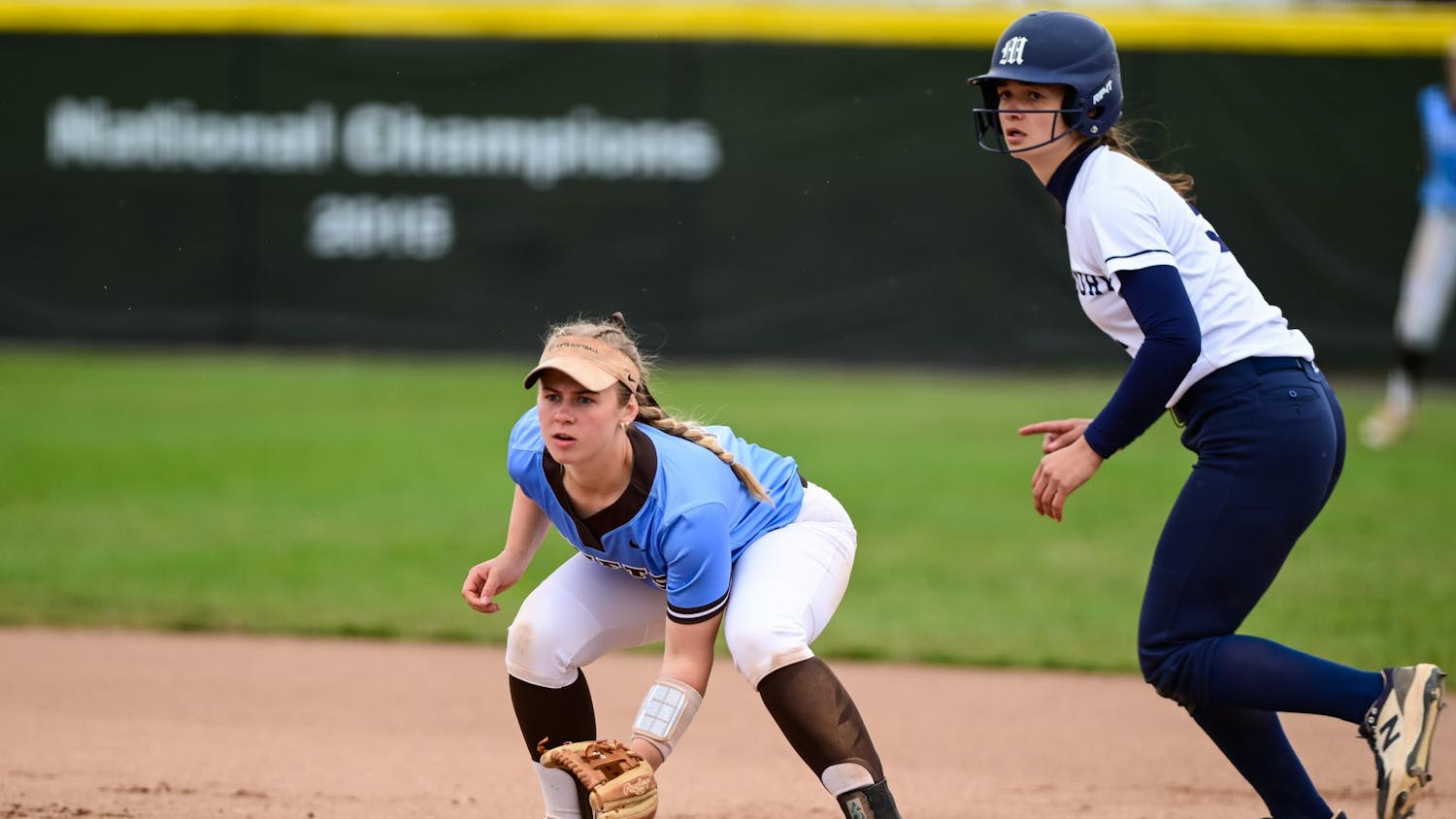In recent years, professional sports have shifted towards favoring the more skillful, quicker players as opposed to the stronger, grittier stars of the past. In the NBA, seven-foot-tall gargantuan centers, who would spend the entirety of the game toiling in the paint within five feet of the basket, are now expected to shoot 3-pointers with ease. In the NFL, the ground-and-pound days have made way for a more open, free-flowing passing game where smaller players can thrive. In soccer, Pep Guardiola’s tiki-taka style revolutionized the modern game as even goalkeepers are now supposed to play with their feet. Despite this tactical 'revolution,' something has to be said for the value of strong characters in team sports, an aspect largely absent from the modern game.
When you think about the great Premier League teams from the past, they were all filled with leaders. Players who, no matter what, could find a way to motivate their mates and bring the best out of them. Arsenal had Sol Campbell and Patrick Vieira; Chelsea had Frank Lampard and John Terry; Manchester United had Nemanja Vidic and Rio Ferdinand. Not only did they have great players, most had legendary managers, who could control a room full of talented and animated players with the respect rhat their very presence commanded. But as the previous generation of leaders leaves, the Premier League is crying out for strong characters to bring that toughness back.
Perhaps the most evident effect of lack of leadership can be found in this year’s Manchester United. Earlier in the season, under José Mourinho, the squad lacked belief and happiness — and it showed in their play. A new manager, Ole Gunnar Solksjaer, with no new players, but a more aggressive brand of soccer, has catalyzed a complete turnaround. Solskjaer didn’t have a preseason to change how the team plays; instead, he focused on the morale of his players, letting them play happily again. Is there no player in the United locker room who could have taken the leadership role under the old manager?
Last week in the Football Association Cup, the United side defeated Maurizio Sarri’s slumping Chelsea 2–0. The Italian’s aesthetically pleasing style, "Sarriball," hasn’t worked for Chelsea and, worse still, he seems to have lost the locker room. He has said numerous times that he finds his side hard to motivate. Without leaders like Terry or Lampard on the field to help set players’ minds straight in tough situations, this Chelsea team has capitulated under pressure.
Today’s soccer players are of a different generation, more comfortable channeling their social media followers towards a cause than they are berating their fellow players to get the best out of them. Mourinho and Sarri have lamented the lack of leadership in the dressing room, and it is a reality. But failure to motivate a team can result in lost championships, in spite of an abundance of talent. Ask Lionel Messi — the world’s greatest player is not a natural leader, and in spite of his (and his countrymen’s) obvious talent, he has never managed to carry the load of motivating his country, Argentina, to a World Cup win.
More from The Tufts Daily





